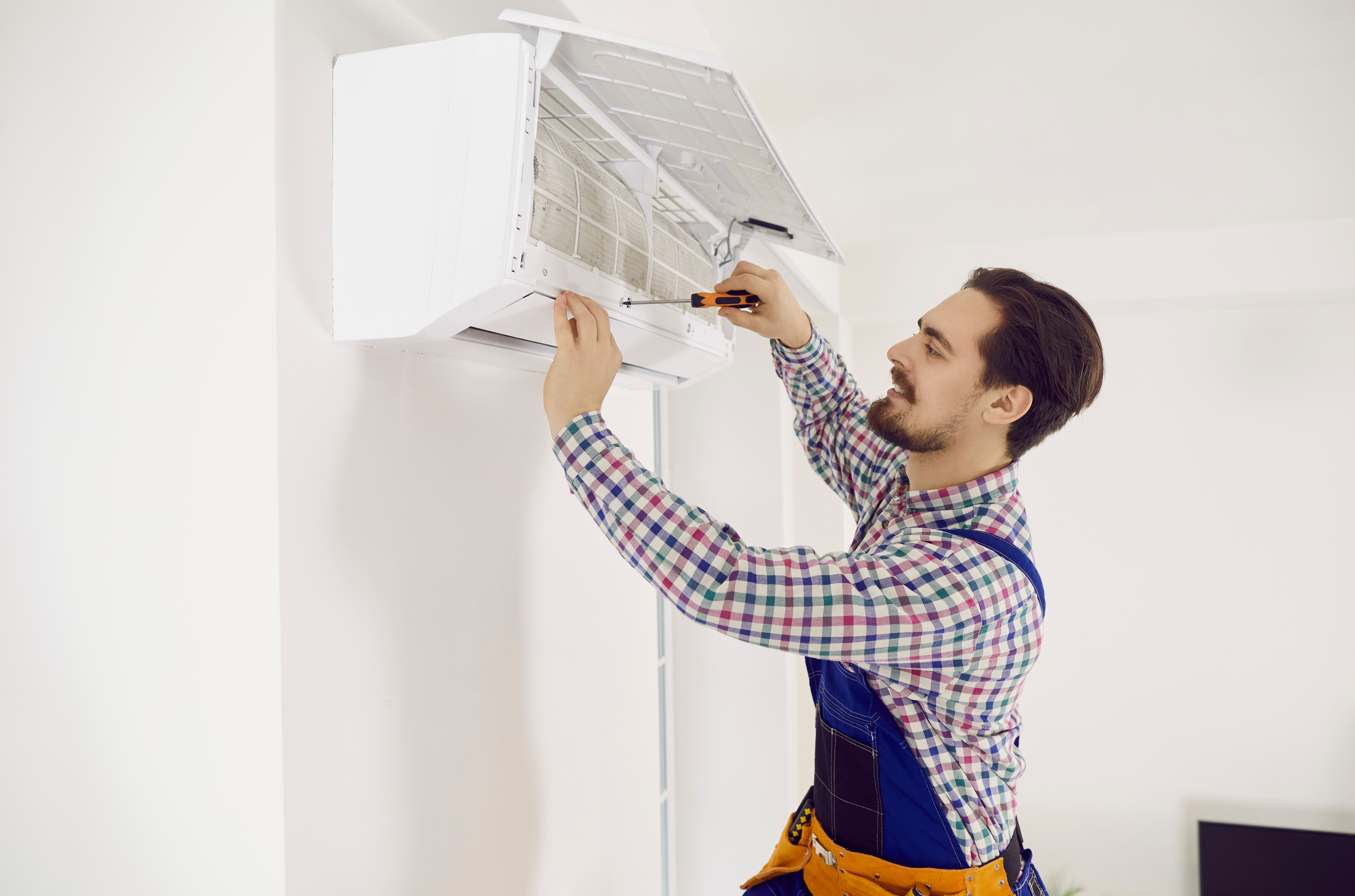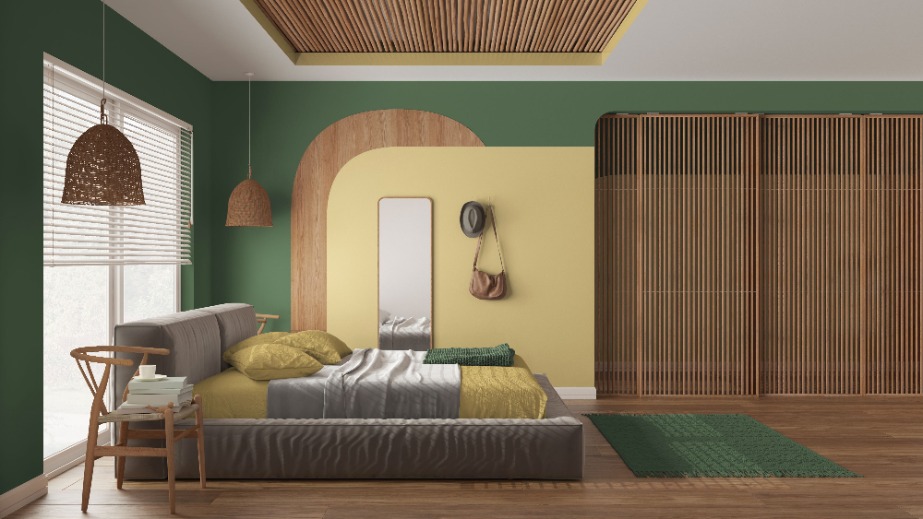
What to Know About VOCs and Air Quality in Your Hotel
Have you ever entered a commercial building and become lightheaded from a strange smell? The odor wasn’t from the lobby’s flowers or the front desk worker’s strong perfume. The most likely source was air pollution caused by volatile organic compounds. This guide contains everything you need to know about VOCs and how to maintain your hotel’s air quality.
What Are VOCs?
Volatile organic compounds belong to a large class of more than 10,000 gaseous chemicals that slowly release from everyday items. They’re often found in construction materials, cleaning supplies, cosmetic products, and tobacco smoke. A high concentration of VOCs can cause the following symptoms:
- Eye, nose, and throat irritation
- Headaches
- Dizziness
- Fatigue
- Nausea and vomiting
- Allergic skin reactions
- Difficulty breathing
Exposure to VOCs can be life-threatening in some cases. For example, if someone has a respiratory illness, they might lose all breathing ability and go into shock. It might also cause or aggravate certain types of cancer, including lung and skin cancer.
Why Are VOCs So Common in Hotels?
Trace amounts of VOCs are present in just about every building, as indoor air can be five times more polluted than outdoor air due to restricted ventilation. However, they’re most prevalent in hotels and other busy commercial spaces for several reasons:
- Cleaning products: Hotels need lots of cleaning products to fulfill their maintenance requirements, which leads to a strong presence of VOCs. Detergents, floor cleaners, air fresheners, and furniture disinfectants are common examples.
- Inadequate housekeeping: At the same time, if hotels fail to do proper housekeeping, mold, dust, and aerosol will continue to build up unchecked.
- Old or damaged HVAC system: A poorly maintained HVAC system allows dust, bacteria, and VOCs to accumulate and degrade the hotel’s air quality.
- Recent renovations: Recent structural changes to the building also bring in VOCs, as construction projects tend to emit high amounts of particulate matter.
In the hospitality industry, one negative guest review can ruin a business’s reputation. If someone has trouble breathing or experiences a medical episode as a result of poor air quality, you might lose a significant chunk of your business. It’s crucial that you take action against VOCs before they cause permanent damage.
What Your Hotel Can Do to Fight VOCs
Regardless of your building’s layout or cleaning schedule, you can’t stop 100% of VOCs from getting inside. They appear far too often in items that your hotel needs for its daily operations. However, you can still take some critical steps to regulate the presence of VOCs.
1. Monitor Air Quality
First and foremost, you must monitor the hotel’s air quality with great vigilance. Upgrade to a new HVAC system if necessary and replace its filters according to the manufacturer’s directions. Install gas detection sensors in every room – especially devices for invisible and odorless gasses like carbon monoxide.
Gathering feedback from the staff will also give you a good idea of your hotel’s air quality. Employees in different departments can tell you which rooms are the most and least problematic. The housekeeping department is a great source of information, in particular. They’re often the first people to notice the buildup of mold, dust, and other contaminants.
Your hotel should also get frequent air quality inspections from a trusted third party. Most VOCs are impossible to identify with the untrained eye. You’re better off getting help from a professional than playing a guessing game. Alternatively, you could get constant virtual assistance from a smart home air quality monitor.
Improve Ventilation
Next, you need to get the air moving with better ventilation. Open the windows when the weather allows. If you can’t open the windows, use air purifiers with HEPA filters to eliminate the building’s particulate matter. Install more ceiling fans, especially in large communal areas like the lobby, dining hall, and fitness center.
You should also encourage guests and employees to spend more time outside. Improve the hotel’s outdoor amenities and make them the focal points of your business. With fewer people inside, VOCs are less likely to cause a medical reaction and will also take longer to accumulate.
Use Low-VOC Products
You must also address the VOCs in the hotel’s various items. Start by switching to low-VOC or VOC-free appliances – especially paint and cleaning products. If you need to make repairs or renovations, try to use natural materials like stone and tile. In any case, always read the product’s label before bringing it into your hotel.
Storage is another important factor to consider. Storing products in bulk allows VOCs to build up unchecked in your utility closets. Only buy what you need for the immediate future instead of filling up the hotel with unnecessary chemicals. If buying in bulk is a necessity, store the products in an airtight container and put them in a garage or shed away from the main building.
How Good Air Quality Benefits Guests
Improved indoor air quality benefits guests in many ways. Most obviously, they can relax and enjoy their stay without struggling to breathe. People with respiratory problems don’t have to worry about aggravating their conditions, which is more important than ever in the wake of COVID-19. Here are two other ways guests benefit from good air quality.
1. Improved Productivity
Air quality also affects guest productivity. A 2021 study from Harvard University clearly shows that inadequate ventilation and high carbon dioxide levels led to poorer scores and response times on cognitive tests. These negative effects happened after just a few hours of sitting in a room with poor air quality.
Although hotels are traditionally places of relaxation, productivity has become much more important in recent years. Remote work has exploded in popularity, and more people are working on the road than ever. Hotels must have indoor environments to accommodate these traveling workers and boost their productivity, not hinder it.
2. Better Sleep
Many people have trouble sleeping at hotels to begin with, so you need to make the building as comfortable as possible. A good night’s sleep can make or break their entire trip.
It shouldn’t be surprising that air quality affects our ability to sleep. A 2015 study from the Technical University of Denmark found that college dormitories with better air quality led to longer and deeper sleep for students. If they can breathe more easily, they can sleep more easily.
Purify Your Hotel
You can never eliminate 100% of VOCs. They’re an inevitable part of living in the modern world. However, you should still take some steps to purify your hotel. Keep a close eye on the building’s air quality, provide as much ventilation as possible, and use eco-friendly products. These efforts will benefit everyone who enters the building, whether they’re a guest or employee.













